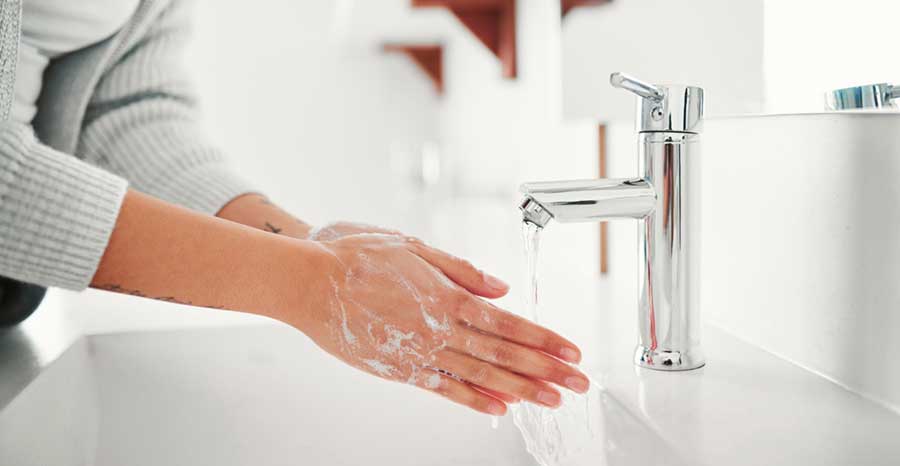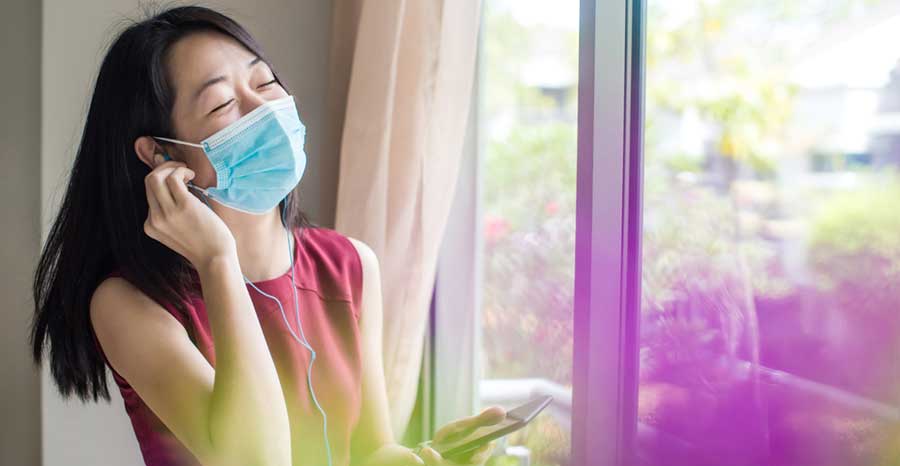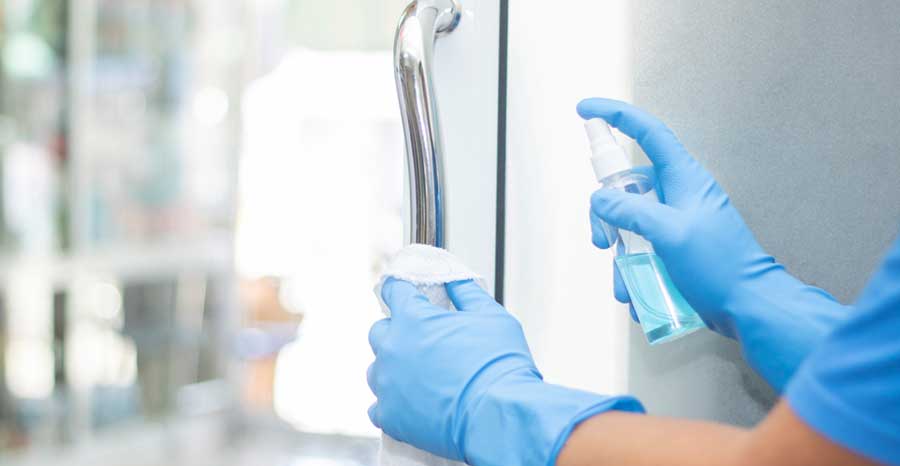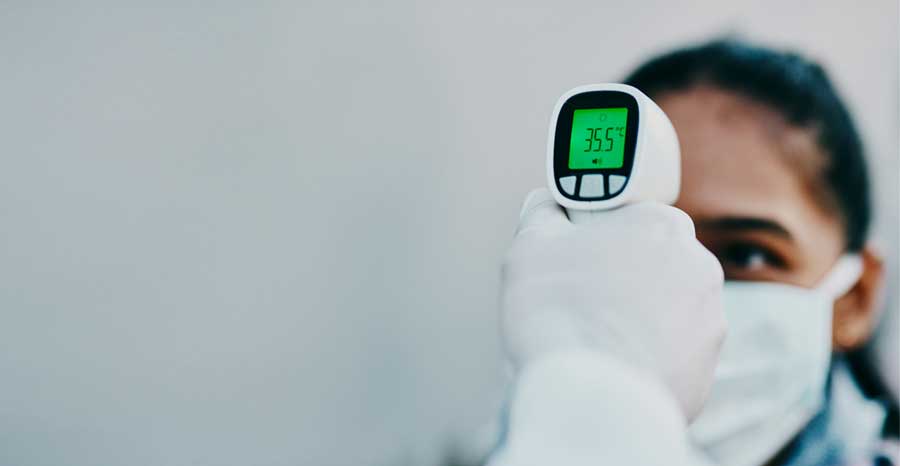How to stay safe and protect yourself from the COVID-19
Based on the online assessment, you are at low risk at this moment because you do not show any symptoms related to COVID-19. That does not mean you are at low risk of getting seriously ill if you do get infected in the future. Older adults and people who have severe underlying medical conditions seem to be at higher risk of being affected by the virus.
What you need to know
The best way to prevent the COVID-19 illness is to avoid being exposed to the virus, because there’s no vaccine yet. You could get the virus from other people or contaminated surfaces.
The virus spreads very easily even before people start showing symptoms. It can spread through respiratory droplets produced when an infected person coughs, sneezes, or talks. These droplets can land in the mouths or noses of people who are nearby (usually within six feet).
What you need to do
We want to share with you some tips and best practices to take the precautions needed to help you protect yourself and others.

Wash your hands regularly:
Get used to washing your hands often, for at least 20 seconds with soap and water, especially after sneezing, blowing your nose, coughing, or being in a public place. Otherwise, use a hand sanitizer that contains at least 60% alcohol and rub your hands until they feel dry.

Avoid close contact with other people:
Even inside your home, try to stay 6 feet apart from the person who is sick and everybody else. When you go outside, avoid groups, crowded places, and mass gatherings. This is particularly important if you are at higher risk of getting very sick.

Avoid touching your face:
If you touch your nose, eyes, and mouth with unwashed hands you could get infected by the virus. You might want to cover your face with something in case you forget not to touch it.

Remember to wear a mask or cloth cover:
The cloth face cover and masks are meant to protect other people in case you are infected. Every person, sick or not sick, should wear a mask or a cloth face cover when they have to go out in public, for example to the grocery store or to go to work. (Exception: Masks should not be placed on anyone who has trouble breathing, young children under age 2, or people unable to remove the mask without assistance.)

Clean and disinfect frequently touched surfaces:
This should be practiced on a daily basis. This includes tables, doorknobs, light switches, countertops, handles, desks, phones, keyboards, computers, toilets, faucets, and sinks.

Be alert for symptoms:
Each family at home must have a digital thermometer to take their temperature every day if symptoms develop. Don’t take your temperature within 30 minutes of exercising or after taking medications that could lower your temperature, like acetaminophen. Also, be alert for cough, shortness of breath, or other symptoms of COVID-19.

